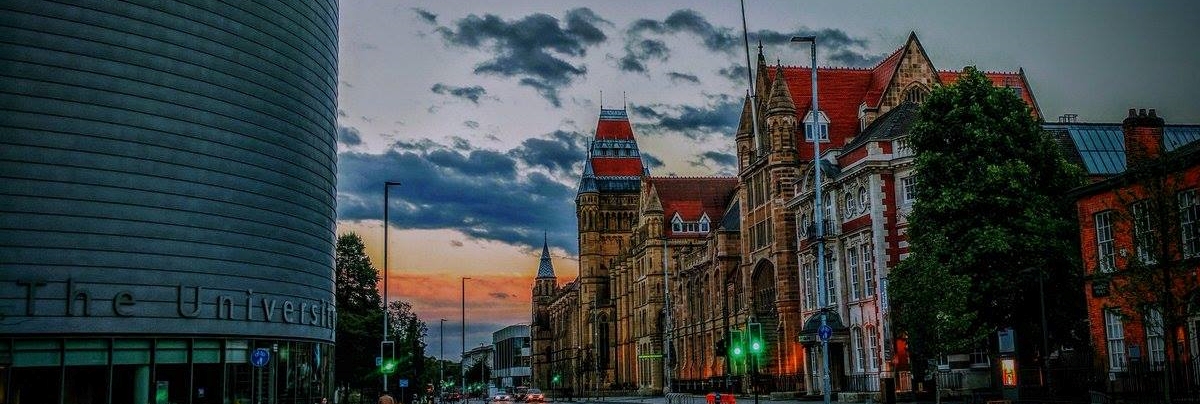
Forced Displacement, Refugeehood, and Injustice
Laura Santi Amantini and Gloria Zuccarelli
Arthur Lewis Building 3.077 (hybrid)
Every year, millions of people are forced to leave their homes due to conflicts, political persecution, violence, and natural disasters. As a response, the political philosophy of forced migration has been growing. Theorists have begun investing different conceptual and normative issues, including who is a refugee, whether there is a special duty to protect refugees and what this duty would entail, what are the appropriate responses on the part of host states, what is solidarity with refugees, as well as what is owed to those displaced by climate change (Aleinikoff & Zamore 2019; Betts & Collier 2017; Buxton 2019; Cherem 2016; Hathaway 2007; Lister 2013, 2014; Miller 2017; Miller & Straehle 2020; Owen 2020; Parekh 2020; Price 2009; Shacknove 1985; Straehle 2020).
The global refugee regime basically offers to forcibly displaced people an ‘impossible choice’ among three options: long-term encampment, urban destitution in a neighbouring country, or dangerous journeys to the global North (Betts & Collier 2017). All these choices are very costly for refugees, each coming with its own distinctive harms and deprivation. Therefore Parekh (2020) highlights that the European refugee crisis started in 2015 hides a second crisis, that is the inability for these people to access minimum conditions of human dignity and the fulfilment of their human rights while they wait for a more permanent solution.
We can identify at least two issues that are currently undertheorized. First, internally displaced people have been neglected because the focus tends to remain on those forced migrants who seek asylum in the global North. Second, a third “crisis” should be added to those identified by Parekh: namely, the inability of the global refugee regime to address politically the protection of people that are displaced for reasons other than political persecution or generalized violence (e.g., victims of sexual and gender-based violence and climate displaced people).
This workshop aims to explore three main dimensions – internal displacement, border-crossing, and protection rights of specific groups of forced migrants. We welcome submissions investigating conceptual and definitory issues. Moreover, we are interested both in highlighting the commonalities among the experiences of different categories of displaced people and in conceptualizing the distinctive experiences of displacement of specific groups – such as women, LGBTQAI+, persons with disabilities, elderly people, etc. We also aim at exploring normative issues, concerning the wrongs of displacement and what is unjust in how the global refugee regime is handling displacement.
Questions that papers may address include:
- What is forced displacement?
- How should forcibly displaced people be defined? Do we need new definitions to widen the range of protection?
- What harms and wrongs are involved in internal displacement?
- What are the peculiarities in the displacement experiences of intersectional groups like women, LGBTQAI+, and people with disabilities?
- What is unjust of the current global refugee regime? Who is responsible for this injustice?
- How should the global refugee regime address environmental displacement, given the responsibility of the global North in contributing to climate change?
This workshop is meant to be held in a hybrid manner, with some speakers presenting online and some in person.
|
Wednesday 7th September
|
||
|
11:00-12:30 |
Registration |
|
|
12:30-13:30 |
Lunch |
|
|
13:30-14:00 |
Welcome Speech |
|
|
14:00-16:00 |
Session 1
Anastasiia Babash (University of Tartu): “I, Refugee”
Micah Trautmann (Boston University): “Non-Durable Solutions: The Harm of Permanently Temporary Refugee Habitation” (online)
Chair: Laura Santi Amantini |
|
|
16:00-16:30 |
Tea and Coffee Break |
|
|
16:30-17:30 |
Session 1 (continued)
Laura Santi Amantini (University of Piemonte Orientale): “The Harms of Internal Displacement”
Chair: Gloria Zuccarelli |
|
|
17:45-19:00 |
Wine Reception |
|
|
19:30 |
Conference Dinner |
|
|
Thursday 8th September
|
||
|
8:45-11:45 |
Session 2
Elizabeth Schmidt (Western Sydney University, Australian-American Fulbright Commission): “Policy to Practice: What Australian Migration Policy Means for Queer Refugees” (online)
Juliette Monvoisin (Université Paris 1 Panthéon-Sorbonne): “Vulnerability, States’ Obligations and Migration Justice”
Sergei Sazonov (University of Tartu): “Hostages or Collaborators? Reflections on the Moral Status of Russian Refugees” (online)
Chair: Gloria Zuccarelli |
|
|
11:45-12:00 |
Tea and Coffee Break |
|
|
12:00-13:00 |
Session 2 (continued)
Gloria Zuccarelli (University of Milan): “Smuggling and the Duty of Rescue: A Parallel with Backstreet Abortion”
Chair: Laura Santi Amantini |
|
|
13:00-14:00 |
Lunch |
|
|
14:00-16:00 |
Session 3
Ali Emre Benli (DK Climate Change program, University of Graz): “Climate Change and Involuntary Displacement: Compensation or Distribution?” (online)
Josep Recasens (University of Barcelona): “Is Climate Refugees’ Choice Morally Important? A Proposal Against Considering Refugees’ Selection of their Host Country as a Human Right or as a Compensation”
Chair: Gloria Zuccarelli |
|
|
16:00-16:30 |
Tea and Coffee Break |
|
|
16:30-17:30 |
Session 3 (continued)
Khang Tôn (University of California): “Reparative Obligations to Refugees” (online)
Chair: Laura Santi Amantini |
|
|
|
|
|
